He smiled and waved at them, his eyes almost completely hidden underneath excessive folds atop his lids. His head was smaller than everyone else’s. He held onto the gray bars of their gate, where, day after day, he stood for long hours, waiting for people and cars to pass by. More often than not, people avoided greeting him, and kids simply did not want to play with him. There were only a few (myself, included) who saw him just as he truly was: another kid looking for friends—just like everyone else. Mickey was my friend.
I still remember how his mom, a special education teacher, sat in the living room with Mama one day. I was in fourth year high school and actively planning which course to take in college. Should I be a teacher? I had been tutoring some kids around the neighborhood whenever they would need help. I had “a heart for teaching,” as some elders of the community would say. But, you see, I always wanted to be a doctor. I loved the intellectual exercise as much as I loved the arts. Or maybe I should just go ahead and do Fine Arts! But, no, I was too moody to be pushed to do projects that I did not want to do. During that conversation in the living room, the term “speech pathology” was brought up for consideration. It was a relatively new profession. “Obscure” is a more accurate description. Apparently, beyond this obscurity was where God’s calling for me lay.
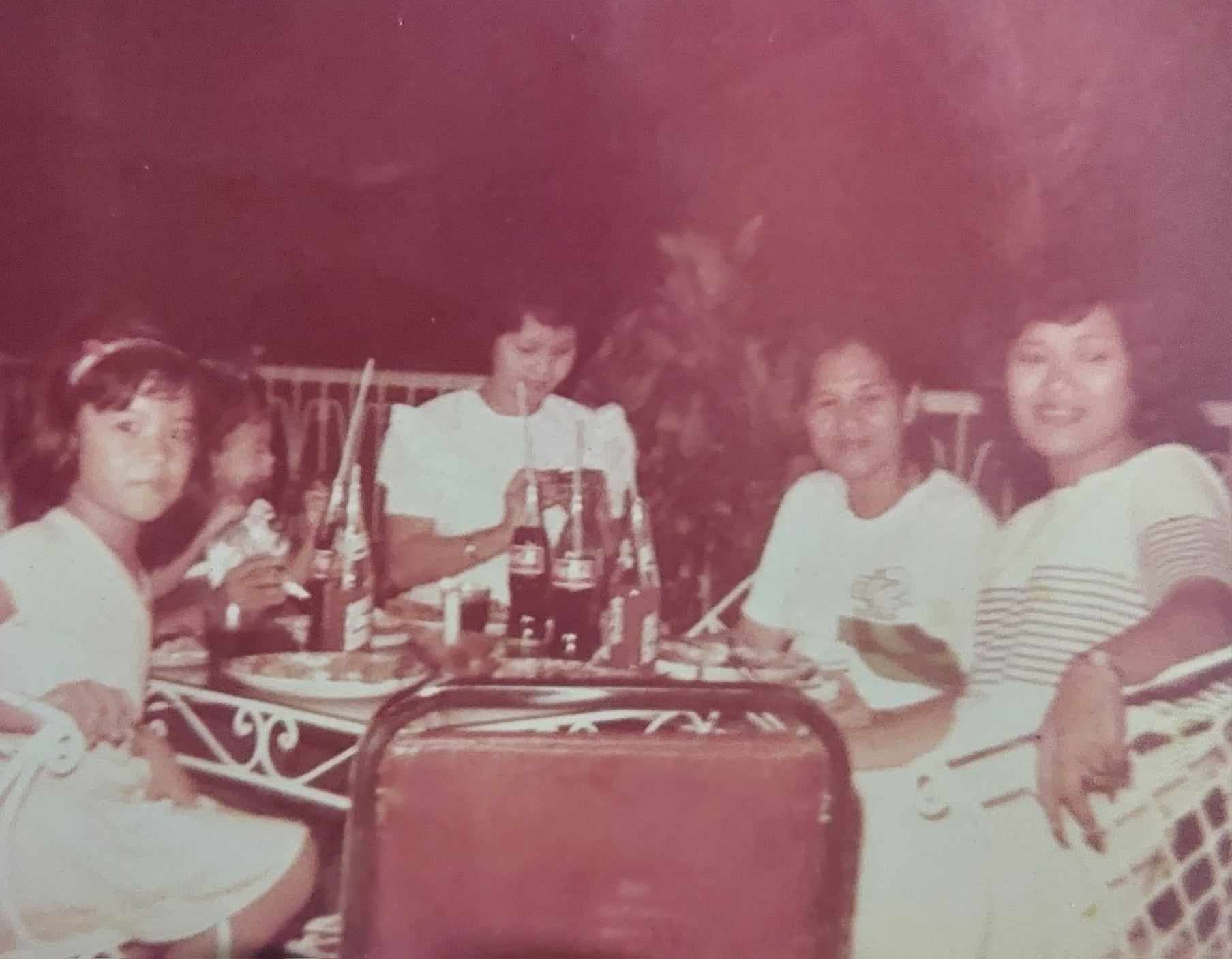 Attending a neighborhood party with Mickey and his mom, together with my Lola and Mama
Attending a neighborhood party with Mickey and his mom, together with my Lola and Mama
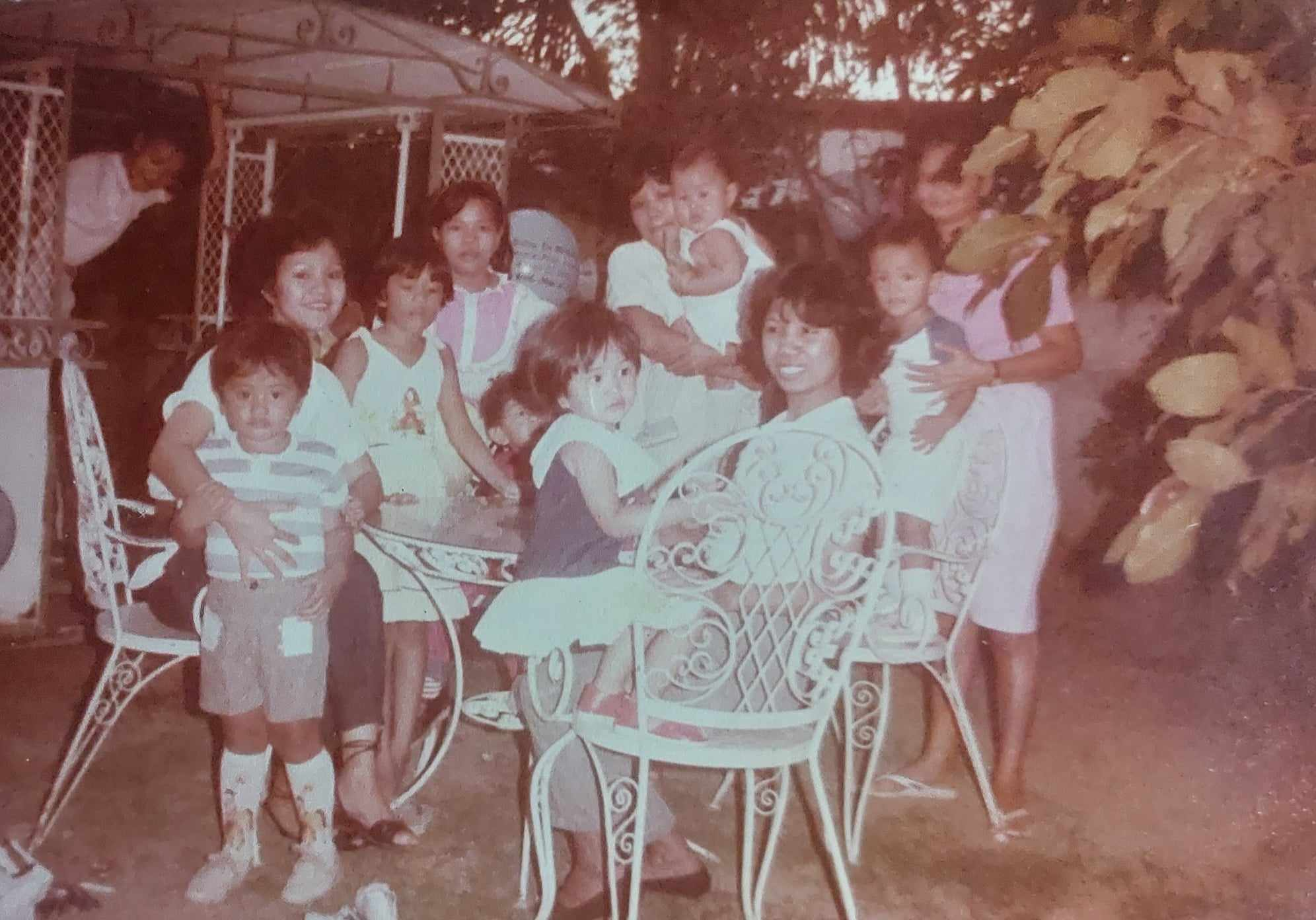 Party at Mickey’s place
Party at Mickey’s place
Four years after, in 1997, I became a speech pathologist. I have since served pediatric clients with disabilities in clinic and school-based settings. Although I took the course as pre-med, I never really went on to become a doctor. Instead, I pursued Language and Literacy Education – which I completed back in 2019. Twenty-seven years in service, I was blessed to see hundreds of hopeful faces and listen to thousands of stories. Not only was I blessed to share my technical know-how, but I was also given opportunities to testify how God works in the lives of His people, seeing as I was (and still am) on my own journey towards deepening my love for the Lord. Who would have known that professional anecdotes could turn into stories of discipleship, filled with affirmations of Christ’s Beatitudes?
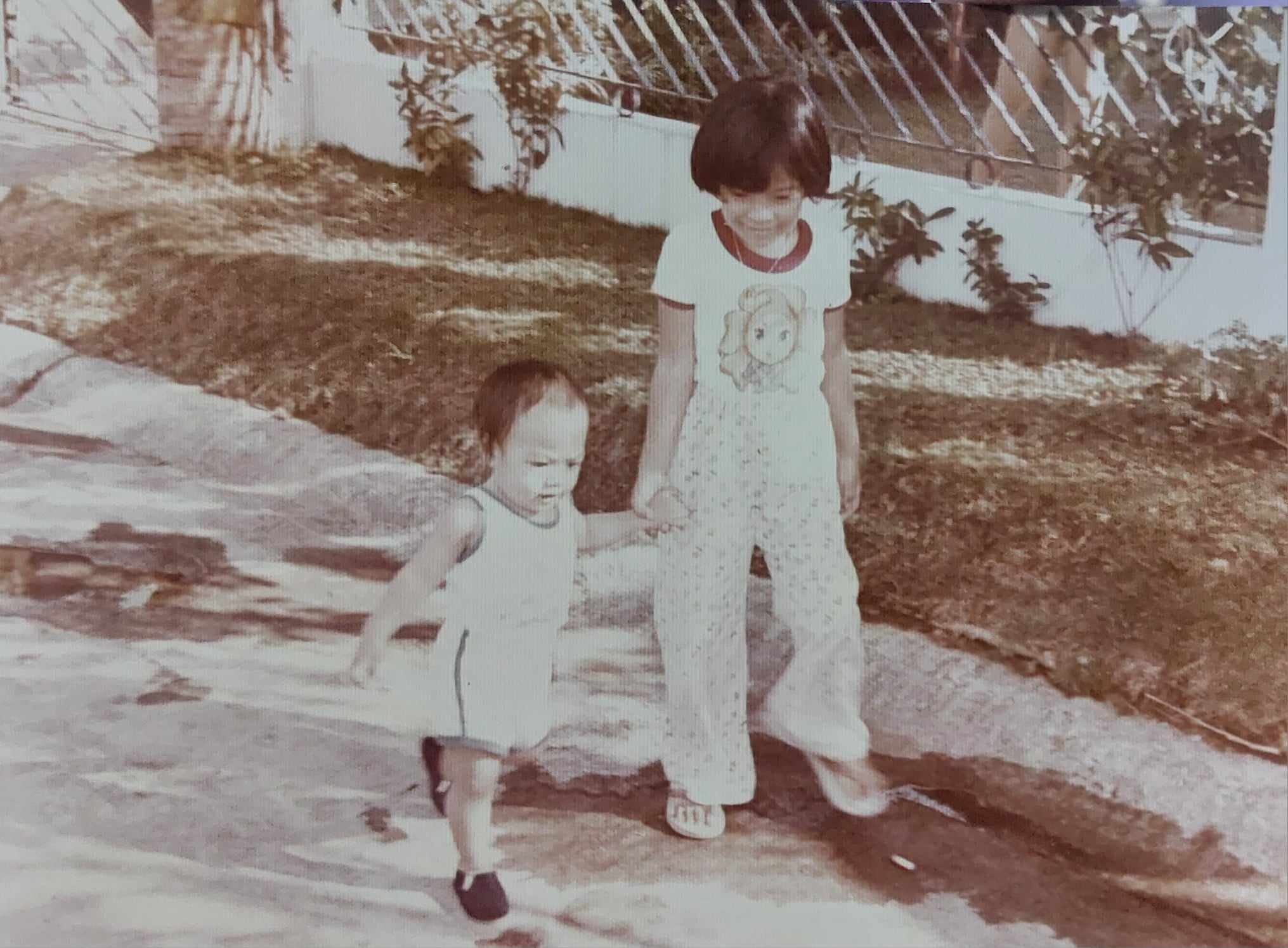 With her first “student,” her brother–who also later on became a physical therapist serving both pediatric and geriatric patients.
With her first “student,” her brother–who also later on became a physical therapist serving both pediatric and geriatric patients.
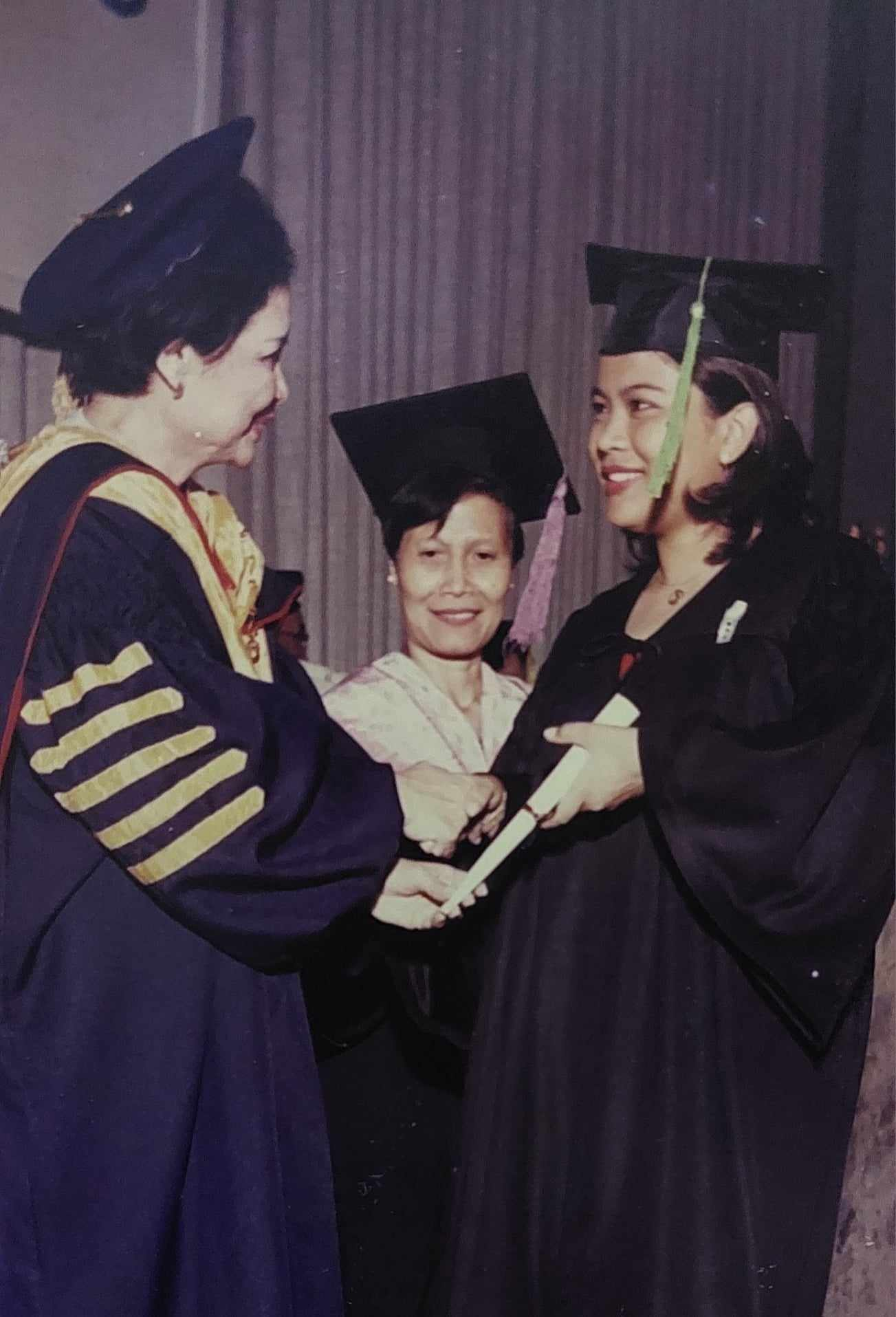 Graduating BS Speech Pathology in 1997 at the University of the Philippines, Manila
Graduating BS Speech Pathology in 1997 at the University of the Philippines, Manila
“Blessed are the poor in spirit for theirs is the kingdom of heaven” (Matthew 5:3)
During my internship at the Philippine General Hospital, I was assigned to serve an elderly man who had global aphasia. Global aphasia is a condition where a person suffers impairment across all language modalities due to stroke. This means that they would not be able to understand, more so communicate, with others in the way they did prior to the cerebrovascular accident. This elderly man was a tricycle driver who liked to play “tong-its” as a past time. “Tatay” was usually wheeled in by his dutiful wife, who expressed her sorrow over her husband’s condition. Their livelihood was severely affected by the stroke, and their children were the ones supporting them. She loved her husband very much and only wished to hear his voice again. “Nanay” would always leave him with me while she ran quick errands. She needed to stay home most of the time to care for him, so she took advantage of the time that he was under my care. “Tatay” and I tried so many strategies and activities, but none of them were very successful.
One day, we found ourselves just staring at each other and sighing, “Paano ba yan, ‘tay? Nauubusan na tayo ng strategy… Isip ulit tayo!” To which he smiled and tried to gesture something with his weak hands. I instantly understood what he was trying to say: “Tong-its na lang tayo???” His smile widened and his eyebrows went up and down in agreement. I laughed out loud, and since we had nothing better to do just yet, I obliged. I brought out a deck of playing cards and dealt it. I was frankly surprised at how good he was and how he remembered all of it. Close to an hour after, “Nanay” came in with her purchases from the market. “Tatay” turned to “Nanay” as she entered the door; and he called out, “Ma!!!” That single syllable left her dumb-founded for a few seconds. Then she rushed to him and hugged him tightly, crying. “Salamat! Salamat sa Panginoon!” she exclaimed. It was that exclamation of thanksgiving where I saw how the families I served were actually God’s seeds of faith–revealing the truth of His saving grace.
“Blessed are they that mourn; for they shall be comforted” (Matthew 5:4)
With plenty of stories similar to Tatay’s, it is easy to desire taking up an advocacy that endeavors to serve persons with disabilities (PWDs) and their families. There are times people go head-on with arms flexed heroically, capes fluttering behind them, as though they would be the messiah of the marginalized. However, serving PWDs is not a hero story. It is not our story. It is theirs. Individuals and families faced with disabling medical conditions are confronted with suffering much loss. They lose opportunities that are available to “able-bodied” individuals. They lose plenty of personal and family resources just for them to afford the services and treatments they need. If not merely put at risk, they may also lose the integrity of their families with the many adjustments they have to make in order to accommodate difficult life changes.
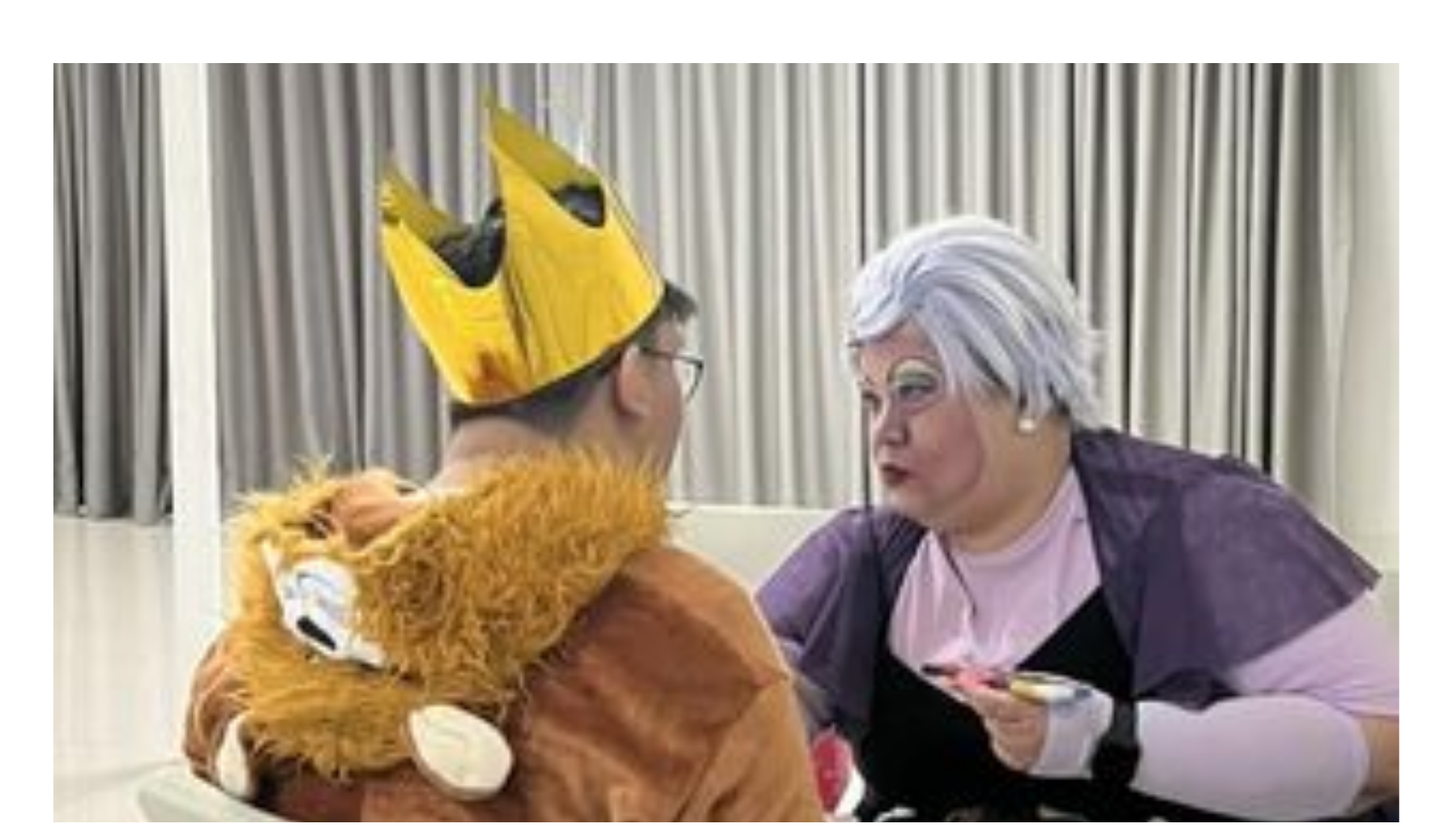 Encouraging and supporting inclusion students in their participation at school events and national conventions
Encouraging and supporting inclusion students in their participation at school events and national conventions
I would sit down with mothers, most especially, and listen to their stories. They lose time for themselves. They lose time for their husbands and other children. They lose time for sleep. When a therapist like me actively sets aside time to hear their kwentos out while their children safely play, it helps them recover their energy and sanity. They express how even 15 minutes of being able to air out grievances offers them huge reprieve. Most of the time, they arrive at the answers to their questions even before I open my mouth to give advice. The assurance of my continued presence is affirmation enough for them how our sessions are a “blessing from God.” In reality, though, it is hearing their kwentos that have become, for me, the foundational testimonies of hope in God’s lovingkindness.
“Blessed are ye, when men shall revile you, and persecute you…” (Matthew 5:11)
“I don’t like him. He is a dog.”
“He looks weird!”
“I don’t want him in my group. I will end up doing all the work!”
I have heard these said in many different ways, and each time, it deals a deep heartache. It pushes me to travel back to the beginning: the little boy smiling and waving at passers-by, his eyes almost completely hidden underneath excessive folds atop his lids, his head smaller than everyone else’s, holding onto the gray bars of their gate. My friend. He passed away some years ago. I did not get to say goodbye. I was one of those who had to move on with life while his remained at a standstill.
“…Rejoice and be exceedingly glad: for great is your reward in heaven.” (Matthew 5:12)
He patiently waited for another kid to say “Hi” back.
“Hi, Mickey!” I would greet back, with a high five. Mickey’s smile would widen.
It is that smile that I always remember, still, when I see the faces of my patients and students. Without that smile, I might not even be here now, nearing my 50s, still continuing to serve. Unlike all other things, this profession proved not to be a mere intellectual pursuit, not a passing hobby or interest for me. Serving these kids is God’s call for me into discipleship: to assure those who are “poor in spirit” of the reality of God’s saving grace; to reflect God’s brand of comfort to a mother whose strength is waning; to walk with those who are persecuted so they can see the lovingkindness and the perfect assurance of God. To heed to Christ’s call: “Ye are the salt of the earth… Ye are the light of the world…” (Matthew 5:13-14).
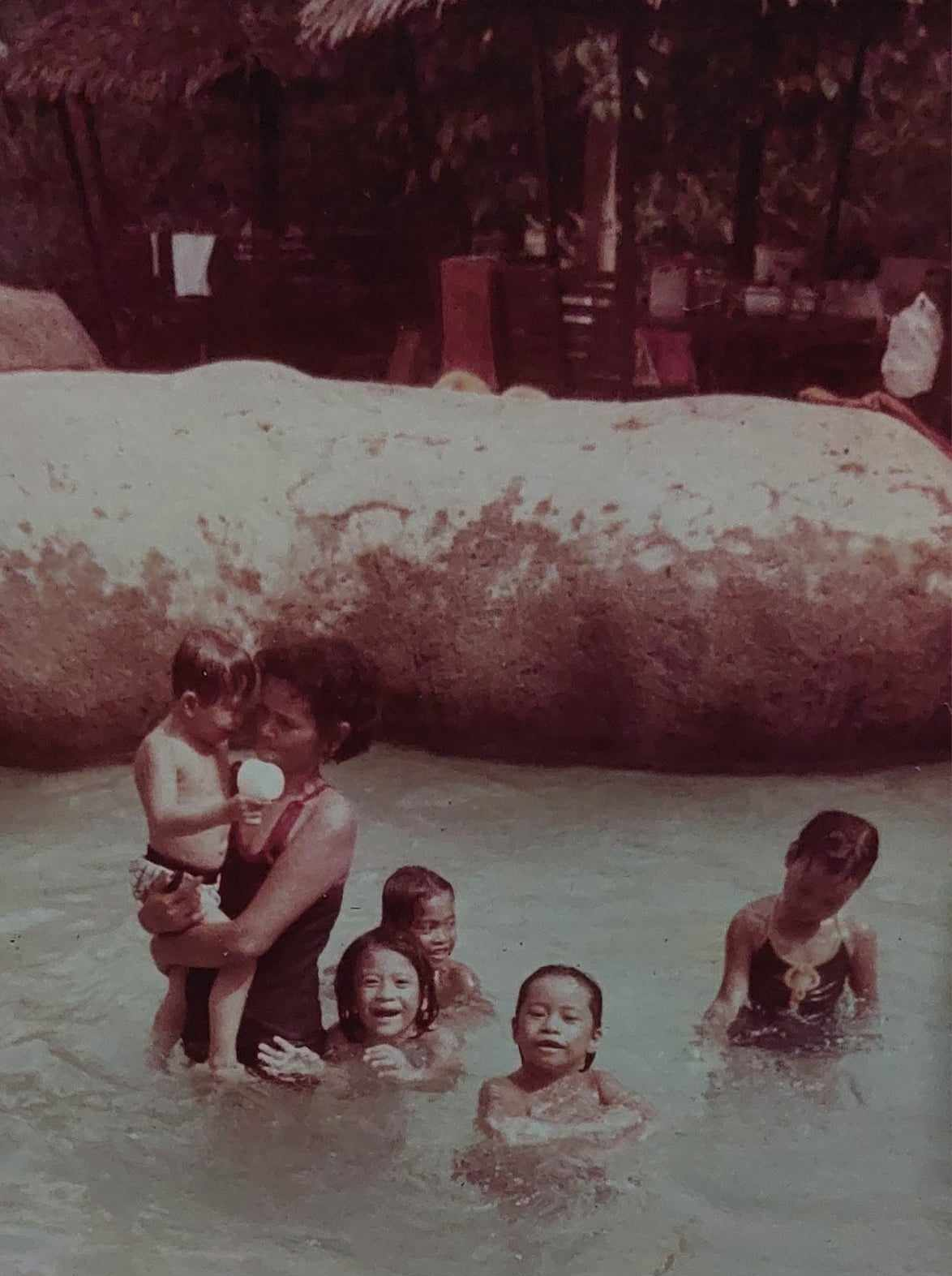 Swimming with Mickey and his family
Swimming with Mickey and his family
Beyond the point of obscurity, I saw God’s light and His design for my call towards discipleship: to bring the good news of salvation to PWDs and their families. Some call them, “the marginalized.” But I call them, “My friend, Mickey.”
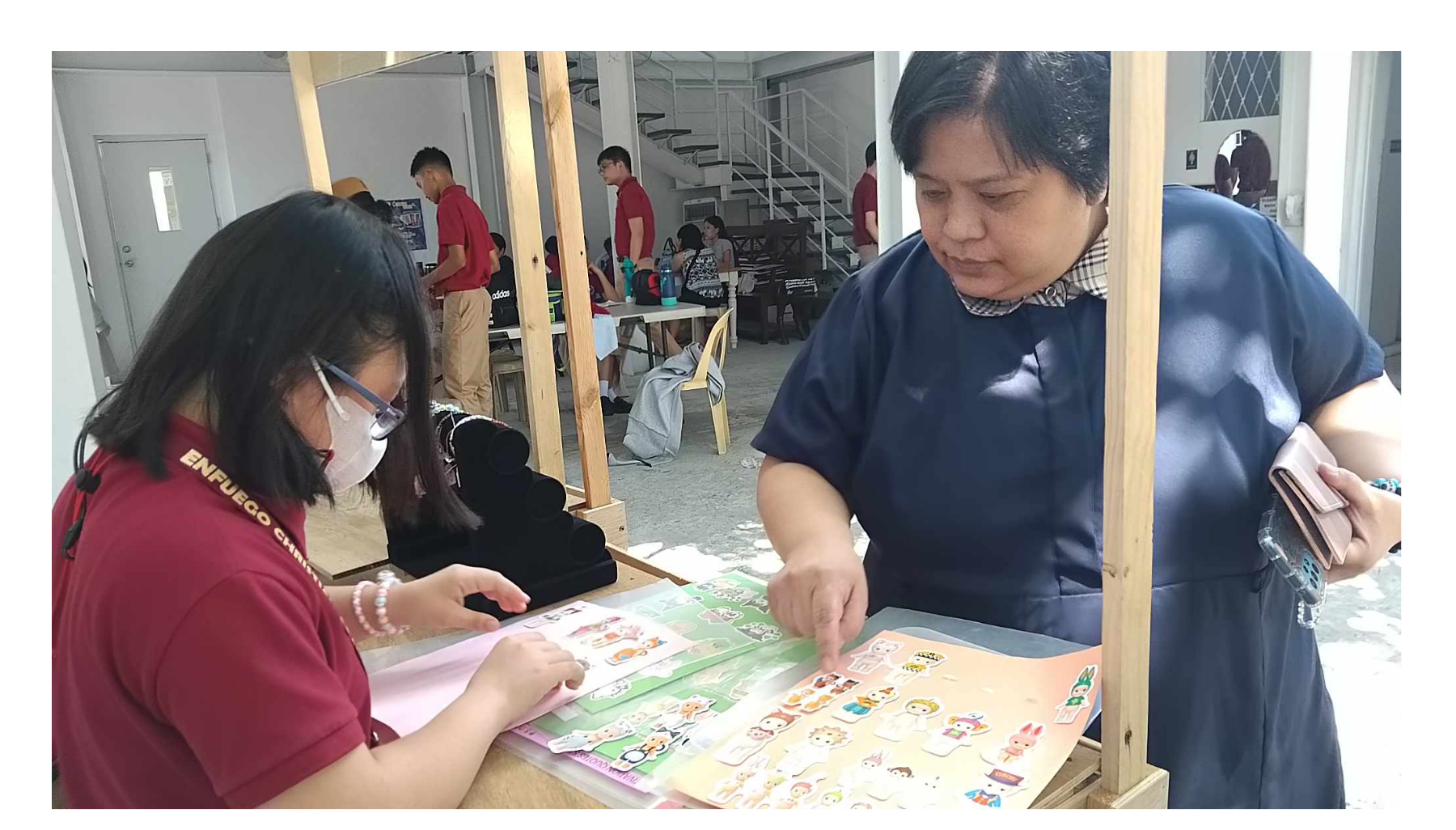 Helping a student with Down Syndrome in her performance task for Mathematics in school
Helping a student with Down Syndrome in her performance task for Mathematics in school
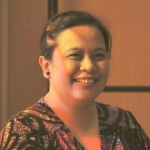
Jean Christine Vela
Teacher Jean is a Speech-Language Pathologist and a Language and Literacy Education consultant. She has been in the field of teaching and pediatric rehabilitation for 27 years. While having served in clinic-based settings, her focus since 2016 has been in the school-based setting. She also continues to function as lecturer, part-time faculty and / or clinical supervisor at the University of the Philippines, Manila – College of Allied Medical Professions, University of Santo Tomas – College of Rehabilitation Sciences, and the De La Salle Medical and Health Sciences Institute. Teacher Jean is currently with Enfuego Christian Academy as the Program Coordinator of EXCEL (Exceptional Children Engaged and Learning), a school-based therapy center that offers occupational therapy, speech and language therapy, and special education to students and outsiders.




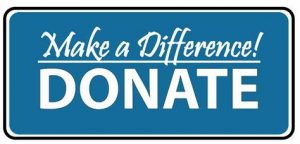

Thank you for sharing this touching and personal story. It’s inspiring to hear how the support of a friend made such a significant difference in your journey. Your experience highlights the importance of having a supportive network and the impact it can have on overcoming challenges. This article is a beautiful reminder of the power of friendship and encouragement. Keep sharing your journey; it’s truly uplifting!